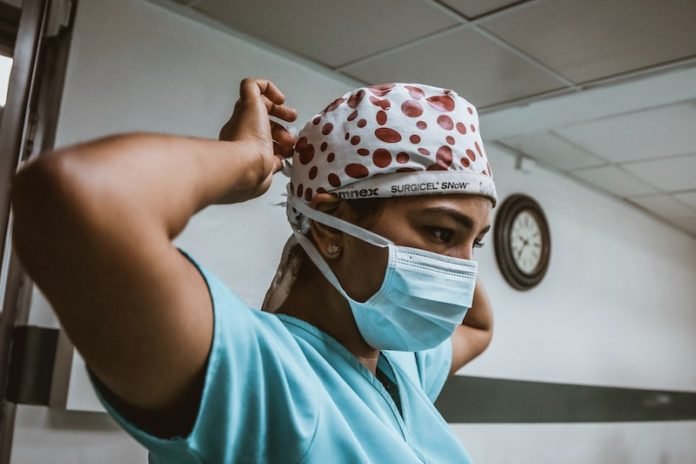
Scientists from Newcastle Hospitals found effects of fatigue on doctors and nurses themselves, and its impact on the quality of their clinical work and judgment and therefore patient safety.
They recommend that all doctors and nurses need 20-minute power naps during night shifts to keep patients safe (and make their own journeys home after work safer), and also recommend that no doctor or nurse does more than 3 consecutive night shifts.
The research is published in Anaesthesia and was conducted by Dr. Nancy Redfern et al.
In the study, the team found around half of the trainee doctors, consultants and nurses had experienced either an accident or a near miss driving home after a night shift.
And workers who drive home after a 12-hour shift are twice as likely to crash as those working 8-hour shifts.
A ‘sleep debt’ begins building after 2 or more nights of restricted sleep, and it takes at least 2 nights of good sleep to recover from this.
Cognitive function is impaired after 16-18 hours of awake leading to a deterioration in the medical worker’s ability to interact effectively with patients and colleagues.
The team also found how fatigue induces spontaneous, unrecognized uncontrolled ‘sleep lapses’ or ‘microsleeps’, which means driving home tired is the most dangerous thing a healthcare practitioner does.
There is work going on at many levels to address the impact of fatigue.
The researchers hope in the end that regulators will recognize that healthcare workers have the same physiology as employees in every other safety-critical industry and require formal fatigue risk management as part of its overall approach to patient and staff safety.
If you care about sleep, please read studies about painkillers that may harm your heart, sleep and bodyweight, and don’t count on caffeine to fight sleep deprivation.
For more information about sleep, please see recent studies about a better way to treat sleep loss, insomnia, and results showing sleep can maximize vaccine effectiveness.
Copyright © 2022 Knowridge Science Report. All rights reserved.



